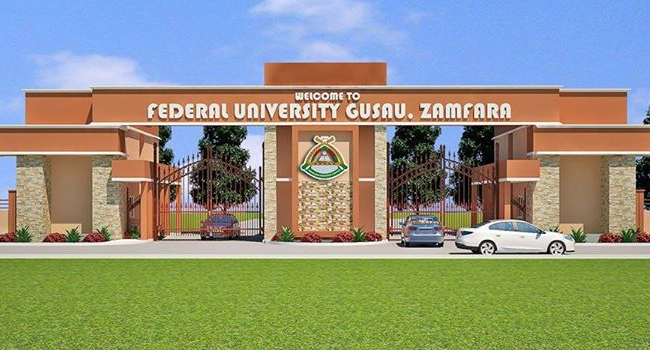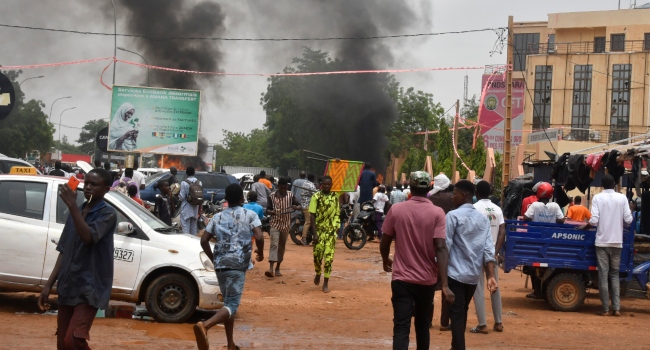
The AREWA consultative forum is sceptical about the time frame, saying it will not give room for robust deliberations.
In a statement signed by its National Publicity Secretary, Anthony Sani, the forum noted that the “solution to the nation’s problems does not lie with the national conference”.
The group, however, supported the dialogue as long as it would help to ensure a united Nigeria.
A Lagos State based lawyer, Mr Femi Falana, also insisted that the three-month duration was not practicable.
“I do hope that the government, the state government and other interest groups are going to take cognisance of the interest of minority groups in the country. Not ethnic minorities’ alone. There are other minority groups in the country. People are economically disadvantaged and physically disabled. But you expect a conference where people are meeting themselves for the first time, who have had no previous discussions, to come together and within three months, 90 days, arrive at decisions by consensus. It is not practicable. It is not realisable and I do hope that this is the decision of the government,” the Senior Advocate of Nigeria stressed.
He also pointed out that previous committees set up by the current government had always asked for extension of time.
“I am sure this will not be an exception,” Mr Falana said.
The Chairman of the Board of the Leadership newspaper, Mr Sam Nda-Isaiah, who was of a different view, stressed that “Nigeria is deeply divided across many lines that a national conference alone may not be able to cure”.
He suggested an effective Federal System of Government where the states would be allowed to compete against each another.
During a courtesy visit to Channels Television, Mr Nda-Isaiah said that every government was expected to sincerely and deliberately make efforts to unite its people.
“If any president wants to unite his people it is very easy. He just has to be sincere. To do that, you must be fare, there must be justice and you must punish all crimes.
“If you are fair to all and you are just and you mean it, it is possible to unite the people.
“Most of the people talking about restructuring the country are indirectly calling for a proper Federal System, which we are not practicing at the moment,” he said.
Equal Representation
However, spokesperson for the Yoruba socio-political group Afenifere, Mr Yinka Odumakin, gave credit to the Federal Government over the nature of the conference’s representation.
He pointed out that few attempts had been made to give fair representation, saying that the nationalities are now to have equal number of delegates from the six zones.
“The various interest groups have been taken care of, emphasising spread for this conference.
“When you consider what President Olusegun Obasanjo did in 2005, when they carry on as if the nationalities do not exist. The governors and president just picked delegates. This time around, the stakeholders are being asked to indirectly elect their own delegates, which is part of making the people to own the whole process of the national conference.
“The only area which we think the government should rethink is for the government to say that the issue of Nigeria is not negotiable. It is negotiable and we should negotiate it. The only thing we should emphasise is that the negotiation should not be toward the breakup of the country,” he cautioned.




